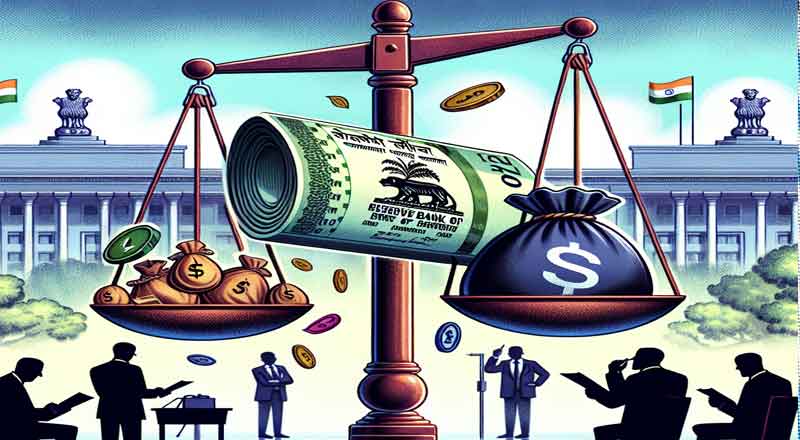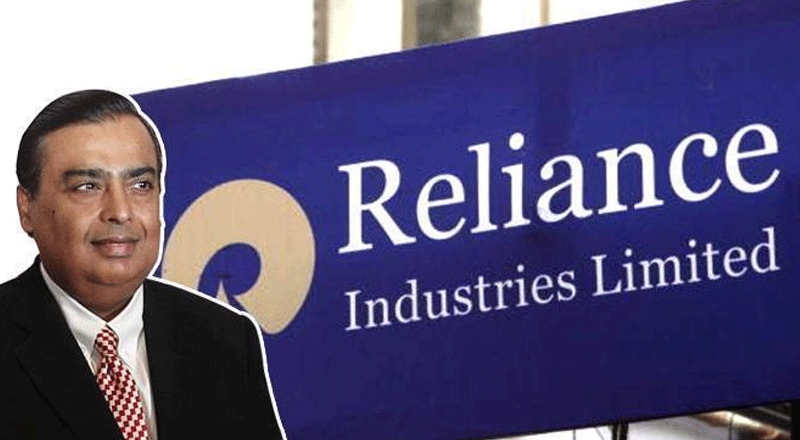The Indian government has mandated e-invoicing for all GST taxpayers whose aggregate annual turnover exceeds Rs 5 crore which will be implemented from tomorrow 1st August. Over the years, this threshold for mandatory e-invoicing has been consistently brought down from initially covering only companies above Rs. 500 crores of annual turnover to now Rs. 10 crores of annual turnover. From August this year, this threshold has been reduced to Rs. 5 crores.The implementation of lowering the threshold for e-invoicing has been done in a phased manner considering the readiness of businesses, particularly small and medium-sized enterprises (SMEs).
The reduction in the compliance threshold will result in a broader scope of businesses being encompassed by e-invoicing. It will impact many businesses with aggregate turnovers exceeding INR 5 crores, including many mid-sized enterprises and expanding small businesses.
By implementing e-invoicing, the government aims to combat tax evasion and facilitate real-time invoice matching between clients and vendors. This step ensures transparency and enhances compliance by modernizing the tax collection system contributing to a broader GST base. E-invoicing offers numerous benefits as it enables real-time validation and matching of invoices between buyers and sellers, reducing the chances of errors, duplication, and tax evasion.
However, there are also some disadvantages and challenges associated with its implementation. Initial set up costs can be a barrier for small businesses initially as implementing e-invoicing systems and processes requires an initial investment in hardware, technology, software, and training. It also involves the transmission and storage of sensitive financial data, which can be susceptible to cyber threatsand hacking attempts.





